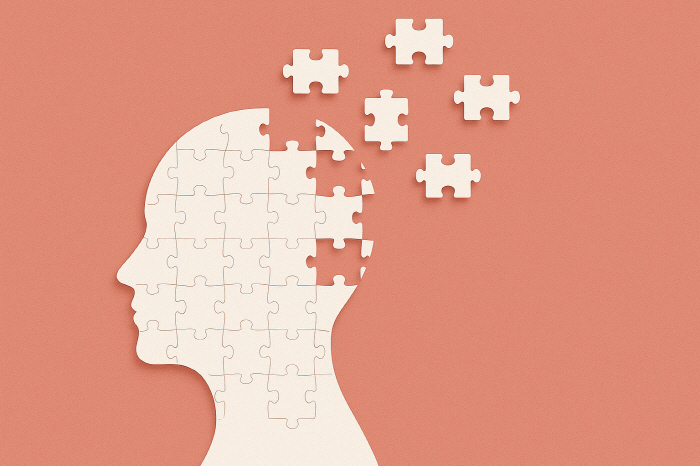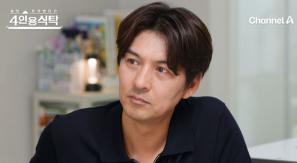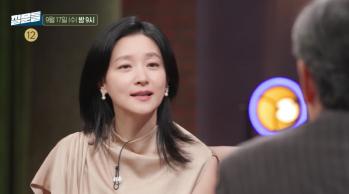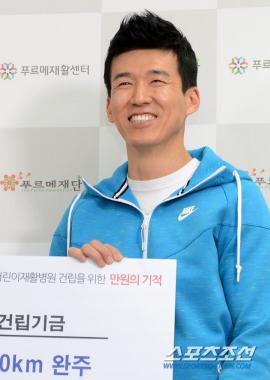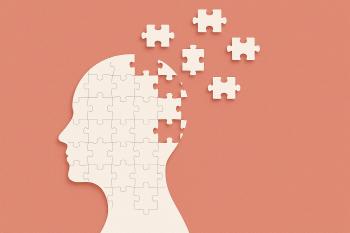Dementia is not the end, but a change in manageable disease perception is needed
Sep 18, 2025
|
Recently, Korea is rapidly entering an aging society, and as of 2021, 10.4% of the elderly aged 65 or older were diagnosed with dementia. Dementia is largely divided into Alzheimer's disease, called senile dementia, and vascular dementia caused by stroke. Among them, Alzheimer's disease accounts for about 55-70% of all dementia and is the most common type.
Dementia can improve symptoms by treating the disease if the cause of the disease is clear, and about 10-15% of all dementia patients can be cured. However, Alzheimer's dementia, the most common form, is still a disease that is difficult to cure.
Alzheimer's disease is a neurodegenerative disease in which nerve cells are damaged and killed due to the abnormal accumulation of amyloid beta and tau proteins in the brain. As a result, cognitive functions such as memory and language skills gradually deteriorate, and when the disease progresses, it becomes very difficult to perform daily life.
Various studies have been actively conducted to determine the cause of the outbreak, but the clear mechanism has not yet been identified.
Kang Dong-woo, a professor of psychiatry at the Catholic University of Korea's Seoul St. Mary's Hospital, said, `It is reported that it is caused by a combination of genetic and environmental factors along with aging of the nervous system, rather than a single cause", he explained.
Currently, the most widely used treatment for Alzheimer's dementia is an acetylcholine enzyme inhibitor, which prevents the decomposition of acetylcholine in the brain, increasing concentration and slowing cognitive decline. In addition to oral use, patch-type treatments have been introduced in Korea, which is also useful for patients who have difficulty taking the drug on their own.
Recently, treatments that directly target the root cause of Alzheimer's have also been developed. If existing drugs have focused on alleviating symptoms by controlling the imbalance of neurotransmitters, a new treatment is to slow the progression of the disease by removing abnormal proteins such as amyloid beta with antibodies. These immunotherapy drugs are mainly administered in the form of intravenous injections, and the therapeutic effect has been reported, especially in patients at the beginning of the outbreak.
Professor Dong-woo Kang said, `Although it is still difficult to expect the same effect on all patients, it is significant in that the direction of dementia treatment is expanding from simple symptom relief to cause treatment. In addition, early management of risk factors for dementia, such as metabolic diseases, depression, drinking, and smoking, and maintaining steady physical activity, cognitive stimulation, and social exchange are important for preventing and suppressing progression of dementia.
In addition, it is very important for dementia to recognize the changed cognitive function in the early stages. If meaningful changes continue compared to the cognitive function that you have maintained before, you can suspect dementia. For example, frequently forgetting the location of an object, repeatedly forgetting promises, and frequently using pronouns because the word to say cannot come to mind. Forgetfulness can revive memories when provided with clues and is often temporary, but dementia does not recall memories even when given clues and symptoms worsen over time. In addition, dementia can start with emotional changes that make it difficult to control emotions or show aggression and lethargy without any special trigger. It is very important not to overlook these early symptoms.
Professor Kang Dong-woo "In the end, it is necessary to change the perception that dementia is not an end just because it is diagnosed, but a sufficiently manageable disease. Keeping the rate of decline in function due to dementia close to the normal rate of aging is a key goal of treatment, and for this, the continuous interest of carers, professional care by medical staff, and systematic management infrastructure at the national level must work together," he added.
|
This article was translated by Naver AI translator.
